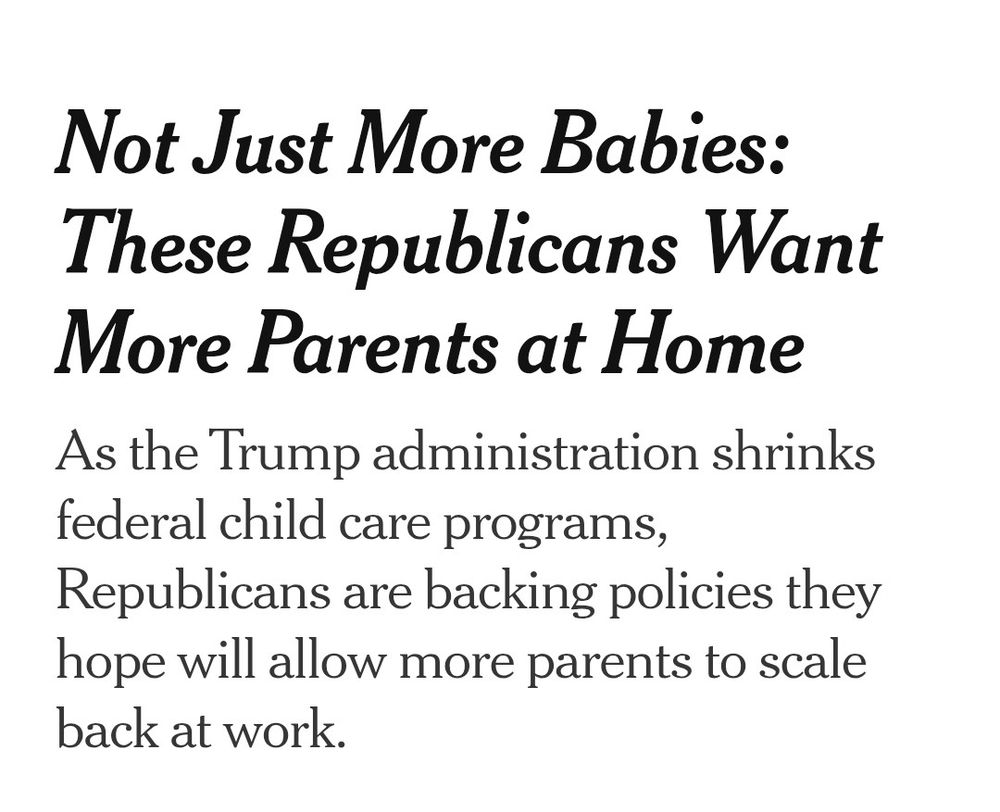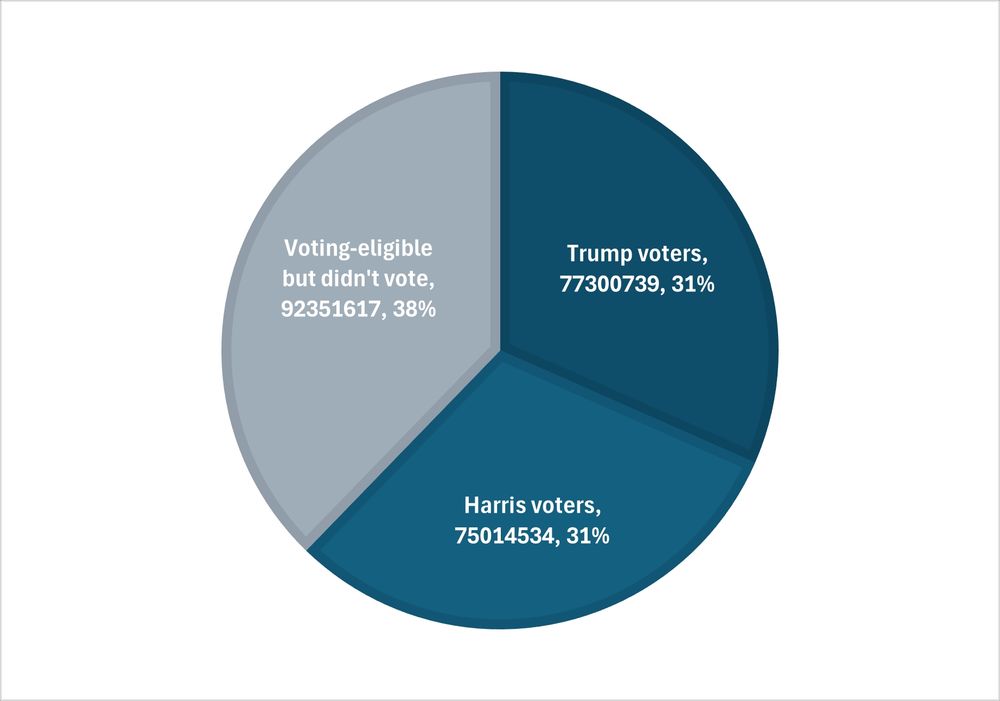Adam Kotanko
@akotanko.bsky.social
76 followers
100 following
42 posts
PhD candidate at Purdue Sociology / Studying how people work together to (de)humanize others & make world more/less inclusive
Posts
Media
Videos
Starter Packs
Reposted by Adam Kotanko
Reposted by Adam Kotanko
Reposted by Adam Kotanko
Victor Ray
@victorerikray.bsky.social
· Dec 16
Reposted by Adam Kotanko
Adam Kotanko
@akotanko.bsky.social
· Dec 15
Reposted by Adam Kotanko
Alan Baxter
@alanbaxter.bsky.social
· Dec 14
Adam Kotanko
@akotanko.bsky.social
· Dec 15
Adam Kotanko
@akotanko.bsky.social
· Dec 15
Adam Kotanko
@akotanko.bsky.social
· Dec 15
Adam Kotanko
@akotanko.bsky.social
· Dec 14
Adam Kotanko
@akotanko.bsky.social
· Dec 14
Adam Kotanko
@akotanko.bsky.social
· Dec 13
Adam Kotanko
@akotanko.bsky.social
· Dec 10
Adam Kotanko
@akotanko.bsky.social
· Dec 10
Adam Kotanko
@akotanko.bsky.social
· Dec 10
Adam Kotanko
@akotanko.bsky.social
· Dec 10
Adam Kotanko
@akotanko.bsky.social
· Dec 10
Adam Kotanko
@akotanko.bsky.social
· Dec 10
Adam Kotanko
@akotanko.bsky.social
· Dec 10
Adam Kotanko
@akotanko.bsky.social
· Dec 10






